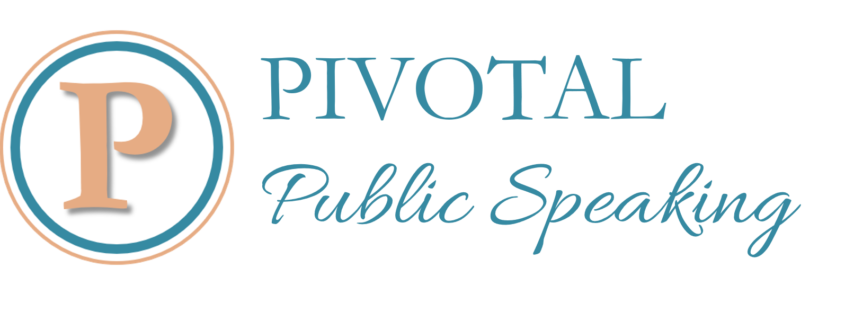Your Question and Answer Session – 3 ways to set yourself and your audience up for success

1. Encourage questions
I’m sure you have been to a seminar or presentation where the speaker asks for questions and there is an uncomfortable silence. It is embarrassing to say the least – for the presenter and for the audience. Perhaps it has happened to you. There are four ways to avoid this situation.
You can ask the audience to ask the person sitting next to them what they took away from the session. Some people ask for “ah-has”. Then you can ask for the outcomes of that discussion and extend that to comments and questions.
You can begin with a question yourself – say it is one that you are asked or have been asked in the past. Provide the answer and then ask who has the next question as though the audience were already alive with questions.
Before you begin your presentation, you can set up people to ask questions for you. Provide them with the questions if necessary. That way you can begin with something that will provoke more questions, or even set up for some humour to make people more relaxed and open to asking.
Avoid the danger of asking a closed-ended question. Rather than asking if there are any questions, ask “Who has the first/next question” or, more powerfully, “What are your questions?”
2. Create Impact
Answering questions is as much a speaking exercise as the presentation itself, so the sorts of techniques you use for success in your speaking will work here too.
Add impact to your answer by answering with a story. Making information interesting, relevant and memorable is just as important here.
While your whole presentation is a conversation, it is a public one. So treat the individual asker of the question with respect, and then answer to the group. That respect includes thanking the person. It includes avoiding sarcasm and giving the question its due. Repeat the question. This is partly to make sure everyone has heard it. It is also an opportunity to ensure you have understood the question thoroughly before you launch into your answer. It can give you, too, an opportunity to think about how you will respond. If you know that you always need this time to think, use pause here, to buy yourself that time. But make sure you pause for every question!
3. Be Prepared
Spend time anticipating the sorts of questions this audience will ask. It will give you a chance to prepare the best way to answer. It means getting to know the audience beforehand, which you will have done in the preparations for the presentation anyway. Talk to the event organiser, talk to other members of the organisation and if at all possible talk to the audience before you present. Not only will this give you an understanding of how the audience members think and what they need, and a foundation for preparing for their questions. It will also give you material you can use in your presentation and in your answers that are specifically customised to this audience and even to specific members.
You can also prepare some humour to use as well. You can inject humour into the answers to lighten the session and, if necessary, to deflect any discomfort.
Finally you can prepare cards on which you can ask people to write questions during breaks or before the session.
Being prepared is “half the battle” when it comes to any public speaking challenge and it applies just as much to your question and answer sessions. If you are prepared with ways to smooth the process, with an understanding of your audience and the questions they might ask, with a set of boundaries and with Plan B, C and D, then you can turn your Q&A from a fear-invoking challenge into a positive, powerful experience.
© Bronwyn Ritchie If you want to include this article in your publication, please do, but please include the following information with it:
Bronwyn Ritchie is a professional librarian, writer, award-winning speaker and trainer. She is a certified corporate trainer and speech contest judge with POWERtalk, a certified World Class Speaking coach, and has had 30 years experience speaking to audiences and training in public speaking. Get her 30 speaking tips FREE and boost your public speaking mastery over 30 weeks. Join now or go to http://www.30speakingtips.com

